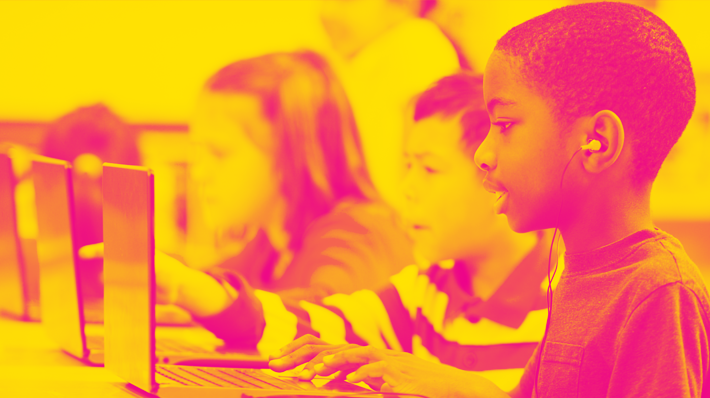SEE THE FUTURE: Access to Knowledge and Information

Online, the world is at our fingertips.
Online, reductive depictions of the enormous continent of Africa have been replaced. By Instagram accounts like EverydayAfrica, which shows the beauty of ordinary people; by sites like travelnoire, part of a growing business providing curated trips to the continent for Americans looking to experience their motherland; by shopping destinations like zuvaa.com, an online marketplace for contemporary African fashion.
American Indian tribes are reclaiming their right to tell the stories of their history and people, like “The 1491’s” and their half a million YouTube subscribers.
Books that were only available if you lived closed to a great library or if you were a collector, are now available to anyone who can get online. VR and other technologies allow us to explore beneath the ocean, in the air, or even experience the profound isolation of solitary confinement.
Yet accessing these riches, and building these communities, requires access to the broadband that makes it possible. Even with the e-rate program that helps classrooms and libraries offer internet, even with smartphones making mobile internet increasingly possible and necessary, and even though the majority of people of color in the US are online, those of us who lack access are at an unacceptable deficit.
We celebrate leaders like those who founded Black Girls Code, Technolochicas and Latinas in STEM, to bring more opportunity and examples of successful women of color into the classroom.
Even in this area of the e-reader, librarians know that libraries are always busy. There’s the traditional experience of learning to love and discover books inside a quiet and well-curated building. But we’re also seeing tremendous demand for the free internet access that libraries provide. Even though the majority of people of color in the US are online, we know that there are still communities and individuals that lack sufficient access to the broadband necessary to truly leverage the benefits of the internet.
WE WORK TO:
-
Ensure access to universal broadband, so our communities can access the content of their choice, and develop the content of their choice
-
Support 21st century K-12 education and supplementary programs and continuing education to ensure children and adults have the ability to fully participate in the digital economy
-
Advance policies that promote the accessibility of information to the broadest possible audience
-
Encourage new technologies that will bring more high speed broadband access to all Americans



